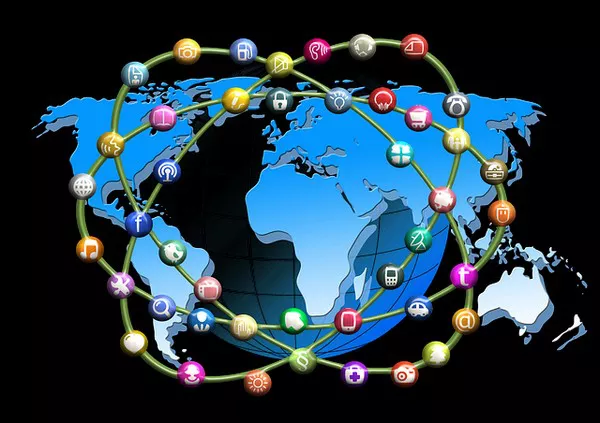The Malaysian government is set to implement comprehensive measures to combat the surge in cybercrime on social media and messaging platforms, according to Communications Minister Fahmi Fadzil.
“These threats and harms are alarming,” Fahmi stated during a post-cabinet press conference on Wednesday. He highlighted three primary concerns discussed in the cabinet: online scams, cyberbullying, and sexual crimes against children, including paedophilia.
Strengthened Oversight and Licensing
The Malaysian Communications and Multimedia Commission (MCMC), as the regulator and enforcement body, has directed platforms to respond to flagged content. Malaysia, in collaboration with Singapore, is intensifying oversight of social media platforms to curb cybercrime. As part of these efforts, Kuala Lumpur plans to introduce social media licensing by the end of the year to better regulate online threats.
Fahmi noted that while some platforms, such as Meta’s Facebook, Instagram, and WhatsApp, comply more readily with government requests, others are slower or non-responsive. Compliance rates are as follows: Facebook at 85%, Instagram at 88%, WhatsApp at 79%, TikTok at 76%, Telegram at 65%, and X (formerly Twitter) at 25%. Compliance measures refer to the actions taken by these platforms after the MCMC flags harmful content.
Cybercrime Statistics and Concerns
Based on investigations by the Royal Malaysian Police’s commercial crimes division, Fahmi reported that online predators are predominantly found on Facebook, with love scams and fake investment schemes resulting in known losses of up to 132 million ringgit between January and June this year.
“Facebook remains a major platform for criminals to target Malaysians, often stealing their savings through scams,” Fahmi stated.
Recent Cyberbullying Incidents
In July, Malaysian TikTok influencer Rajeswary Appahu, known as Esha, tragically committed suicide due to cyberbullying. Two individuals have pleaded guilty in connection with her death. TikTok’s main issues include cyberbullying via fake accounts, while Telegram is plagued by online scams, gambling, and doxxing. On X, the primary complaints involve cyberbullying and pornography.
“These threats cause long-lasting trauma and mental health issues for victims,” Fahmi emphasized, adding that the cabinet has instructed enforcement agencies to enhance and coordinate their cybercrime investigations.
Crowdstrike Outage and Government Response
Digital Minister Gobind Singh Deo addressed the recent Crowdstrike outage on July 19, which affected 14 government agencies and private companies. He clarified that the outage was due to a Microsoft vulnerability, not a cyberattack, and assured that all affected government IT systems have been fully recovered.
“Although this was not a cyberattack, the government is taking the issue seriously due to the potential for severe damage and losses, especially in digital technology sectors,” Gobind said.
Call for Accountability and Future Measures
AirAsia’s Tony Fernandes called for compensation for airlines affected by the global outage, citing passenger demands for refunds due to flight cancellations and delays. Gobind mentioned that the ministry has communicated with Microsoft and Crowdstrike to reinforce the need for robust security systems to prevent future incidents.
“I have requested a full report, and we are currently assessing the losses incurred by the affected agencies and companies,” Gobind concluded.
You Might Be Interested In
- Alphabet Reports Strong Q2 Earnings Fueled By Search And Cloud Growth
- Google Scraps Third-Party Cookie Phase-Out, Shifts Focus To Enhanced User Privacy
- SEO In Marketing: A Comprehensive Guide

